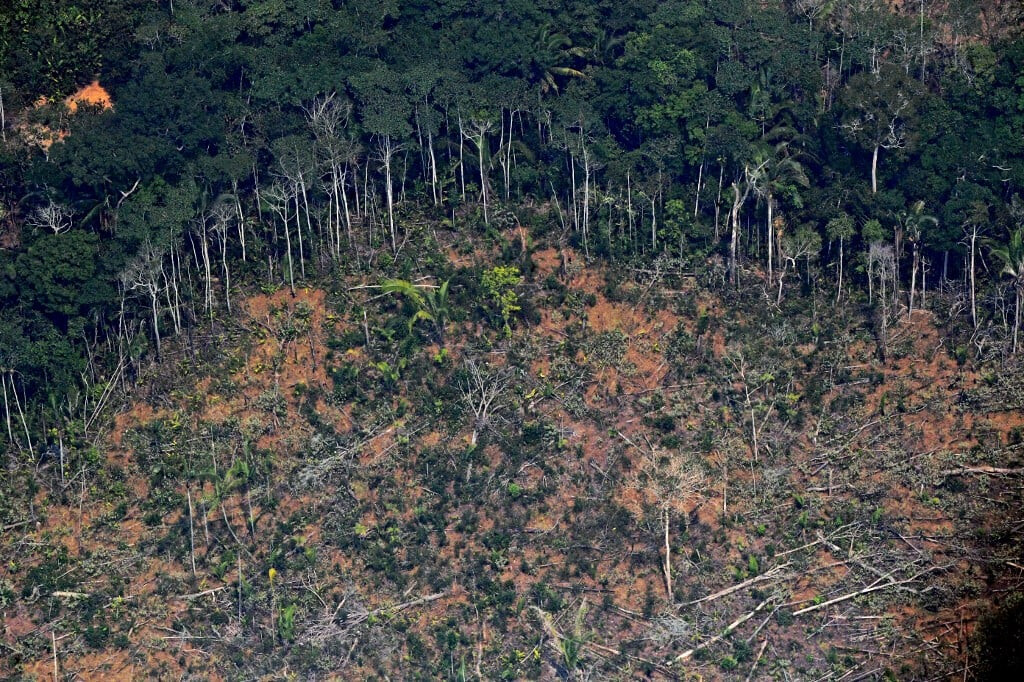
Concerns are being raised that the deepening trade conflict between the United States and China could accelerate deforestation in the Amazon and Cerrado regions, as China is expected to increase its imports of Brazilian soybeans instead of US soybeans.
As the United States imposes new tariffs on Chinese imports, particularly a high tariff rate of 145% on soybeans, China is shifting its soybean import sources from the US to Brazil. This change is highly likely to lead to increased deforestation in the Amazon and Cerrado biomes, according to a report by Sarah Sax of The Atlantic.
Right-leaning governors in Brazil are attempting to weaken environmental protection regulations and undermine the 'Soy Moratorium,' which has historically curbed deforestation associated with soybean production in the Amazon. Lisa Rausch of the University of Wisconsin-Madison pointed out, "The fact that the Amazon Soy Moratorium is currently being actively weakened puts Brazil in a very precarious situation."
Soybean agriculture is one of the primary drivers of deforestation in Brazil, especially in the Amazon and Cerrado regions. These two areas are crucial carbon sinks for the planet. When forests are destroyed, massive amounts of carbon are released, exacerbating climate change. The surge in global demand for Brazilian soybeans due to US-China trade tensions threatens to further accelerate this deforestation.
Beyond climate change, indigenous communities who have long served as stewards of the forests, such as the Munduruku people, are facing difficulties accessing clean water and land due to the expansion of soybean farms, and their land rights are under threat. Furthermore, Brazilian government leaders are pushing for the relaxation of environmental regulations, and with weakened law enforcement in the Amazon region, illegal logging and land clearing practices are not being adequately controlled.
If deforestation increases, the consequences will extend beyond Brazil. Changes in rainfall patterns could affect agriculture throughout South America, and the loss of biodiversity could have irreversible consequences.
This case illustrates how an international factor, the US-China trade conflict, is having severe impacts on Brazil's environment and society. It is a time that calls for the attention of the international community and the Brazilian government's active efforts in environmental protection.
Soy Moratorium: A voluntary agreement established in 2006 through collaboration between environmental organizations, the soy industry, and the government to refrain from purchasing soybeans produced in deforested areas of the Amazon. This agreement significantly contributed to reducing deforestation in the Amazon, but it is currently at risk of being weakened due to pressure from the Brazilian agricultural sector. Cerrado: Brazil's vast savanna region, rich in biodiversity and an important carbon reservoir. Like the Amazon, it faces a serious threat of deforestation due to agricultural expansion. Carbon Sink: A natural or artificial reservoir that absorbs and stores carbon dioxide from the atmosphere. Forests play a representative role as carbon sinks. Indigenous Communities: Groups that have long resided in a specific area, maintaining unique cultures and traditions. Various indigenous communities live in the Amazon region and have played a crucial role in preserving the forests.
[Copyright (c) Global Economic Times. All Rights Reserved.]






























